“Nearly 3-in-4 Americans say they rely on their public radio stations for alerts and news for their public safety,” National Public Radio CEO Katherine Maher said in a statement after the Senate approved a rescissions package that would, once and for all, take NPR off the federal funding payroll. It was a very NPR way of deploying the usual Democrat policy complaint that “people will die,” which they won’t. In reality, most Americans learn about public emergencies from phone alerts or while watching Wheel of Fortune, or, in the case of non-NPR listening Kerr County, Texas, when the water is at their front door. But these are desperate times at NPR headquarters, so “people will die if they defund us” is their last strategy.
Regardless, the longtime Republican dream of defunding NPR and PBS has, at last, come true. I almost feel bad for PBS, which hasn’t aired an episode of Sesame Street in more than a decade, and is merely a mildly liberal purveyor of uncontroversial programs like Grantchester, Walking With Dinosaurs, and Antiques Roadshow, and the blasé Bobo political opinions of David Brooks. But NPR has been backing itself into a corner for years. The Internet cannot contain its joy at this current round of public-radio suffering.
Since the announcement of the funding pull, X has been awash in people celebrating with their favorite woke and otherwise ridiculous NPR moments. My personal favorite is the tweet that NPR put out in 2022 saying that people were being subconsciously racist if they used the wrong color thumbs-up emoji. There was also its segment about the LGBTQ+ community’s battle for the dinosaur emoji. But there are so many other choices.
On Wednesday, journalist Matt Taibbi started a delicious thread on X with the prompt: “What’s everyone’s favorite ridiculous NPR story?”
Examples poured down. The COVID era was NPR’s definite nadir, with daily shrieking about the need for social distancing and the shunning of vaccine deniers. Tweeters pointed out stories like NPR’s advocating for a permanent ban on handshakes. “I remember a host shaming and ridiculing a guest for advocating for schools to re-open for in-person learning,” someone wrote. Several chimed in with the NPR tweet that “a new poll finds 40 percent of respondents believe in a baseless conspiracy theory that the coronavirus was created in a lab in China.”
There were plenty of moments where NPR backed the Steele Dossier or said that the Hunter Biden laptop story was fiction. But the funniest examples involved not important and highly-politicized news stories, but ridiculous cultural agenda reporting that mattered to almost no one. NPR has claimed, over the years, that country music has an implicit racial bias, that dieting is racist, and gave a lot of airtime to the woman who wrote the book “In Defense of Looting,” very relatable to the average listener.
Ordinary dull Americana fills NPR with a horror of being alive. An X user posted “one of our Massachusetts NPR hosts told an anecdote on air where her weekend ski trip was besmirched when one of the video games in the lodge arcade had gun controllers and “I don’t want to hear a machine gun when I’m out.” Another highlighted a feature on the Major League Baseball All-Star Game, “when the best players in the two leagues that comprise professional baseball play a game between each other.”
For years, NPR has seemed to exist in an alternate reality to actual reality. “One time I tuned in and they were talking about how there’s a shortage of trans truck drivers,” wrote an X user. Another pointed out a sympathy piece about a female pastor who got fired because she was preaching atheism from the pulpit. “There is an episode of @Radiolab,” someone tweeted, “where a person describes themselves as gender fluid. They claimed that throughout the day they switched back and forth between male and female multiple times per day.”
It goes on like that for hundreds of examples, until it becomes very clear that NPR has gotten exactly what’s coming to them. It’s sad because NPR did have a heyday, in the 80s and 90s, when it was the square but sensible voice of cultural liberalism, the light professorial soundtrack to millions of lives. But that era of Car Talk, whimsical Garrison Keillor songs about fake Midwestern products, Terry Gross interviews with David Byrne, mildly risqué David Sedaris essays, and Susan Stamberg reports from wherever is long in the past.
National Public Radio is not national, and it’s barely even radio. And as of today, or maybe tomorrow, it’s no longer even public anymore. They can still call themselves NPR, but National Private Radio doesn’t have the same ring. They’re going to find themselves in the same marketplace as every other broadcaster. We wish them luck for finding a paid sponsor for their upcoming segment about how the yellow thumbs-up emoji is still racist.



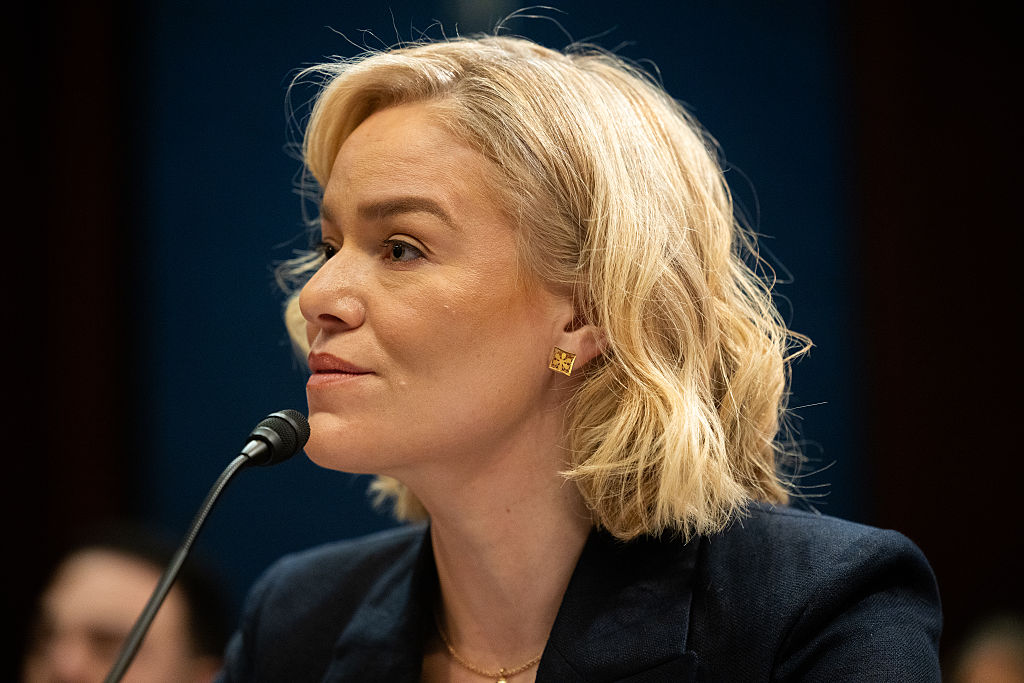










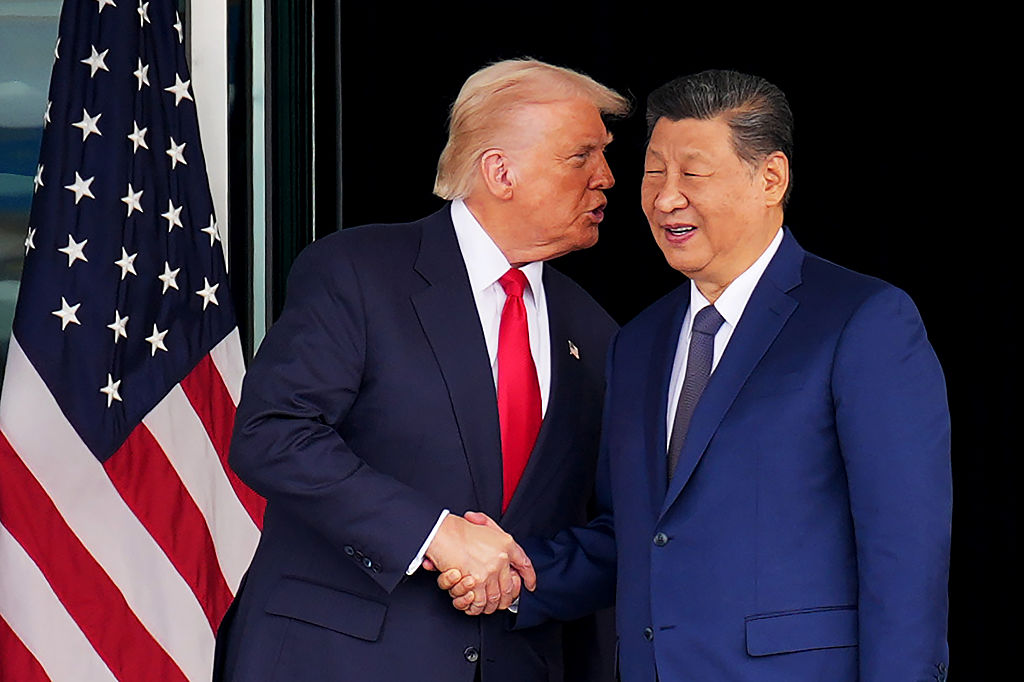
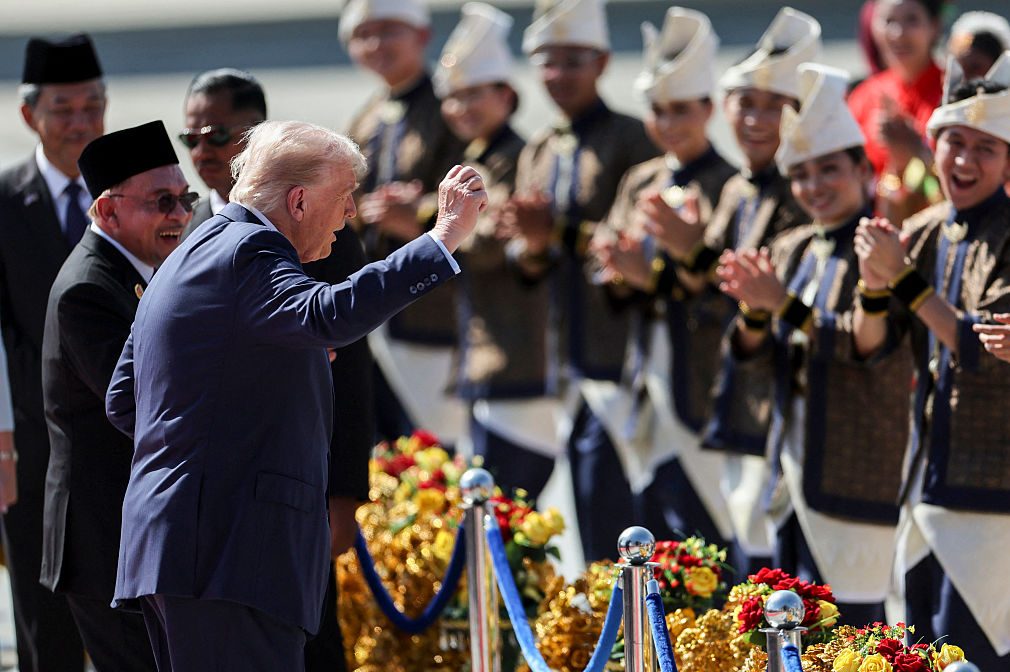
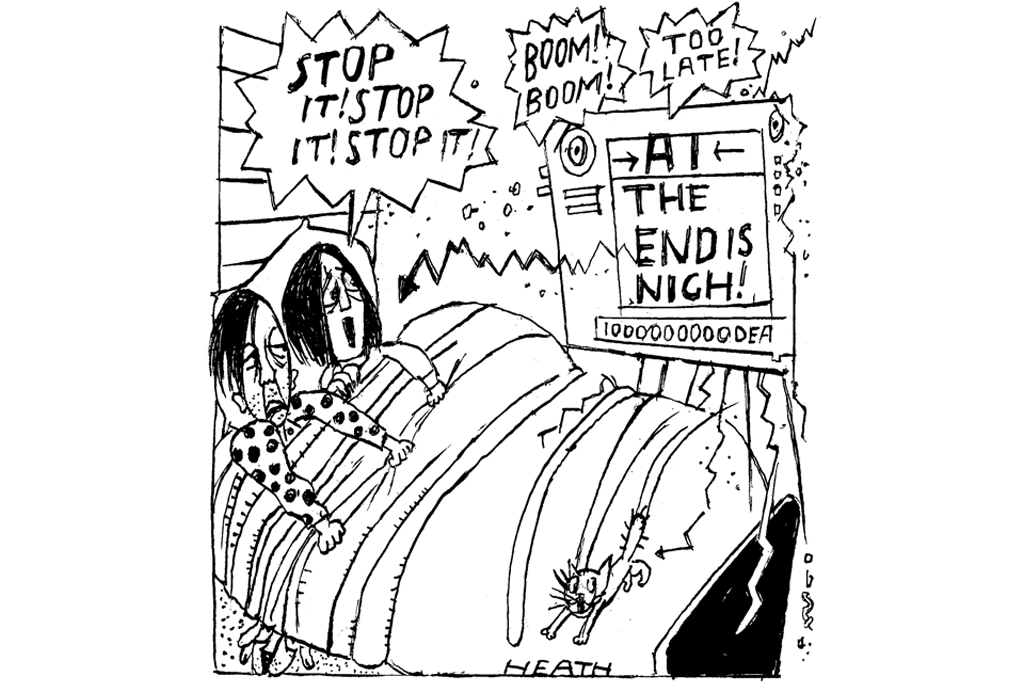
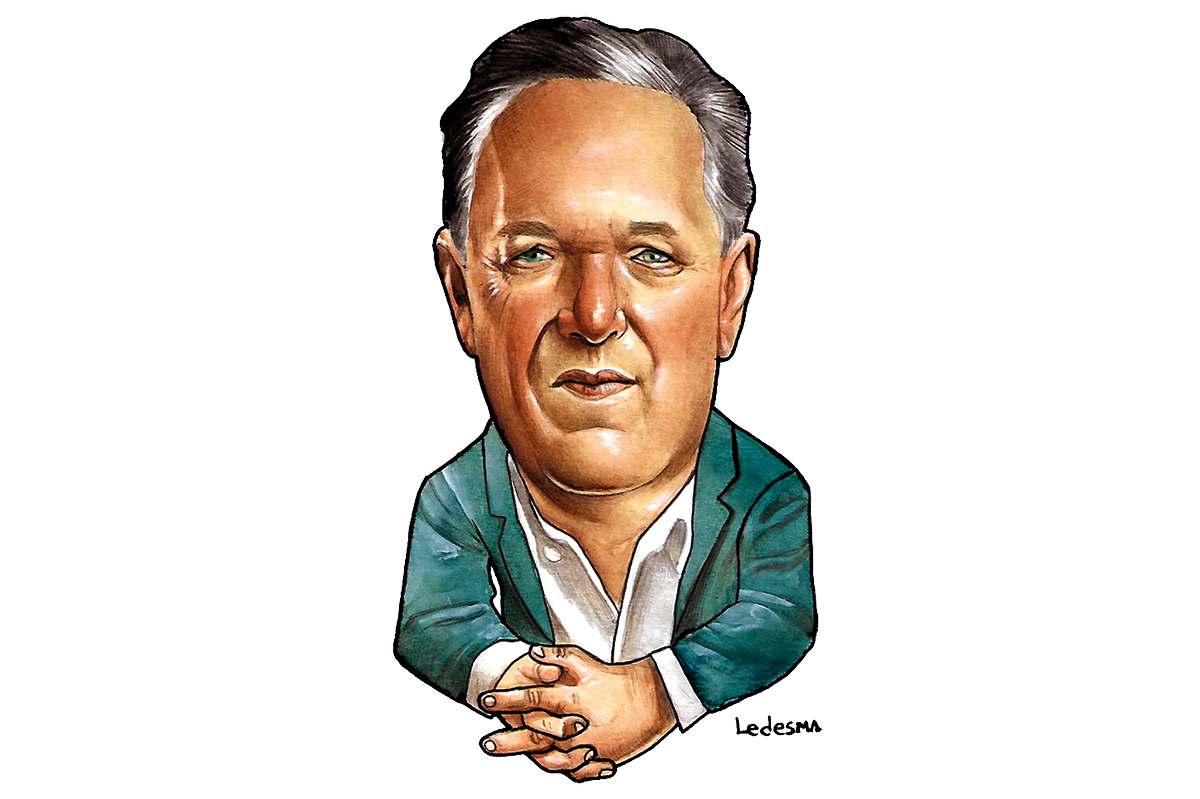








Leave a Reply